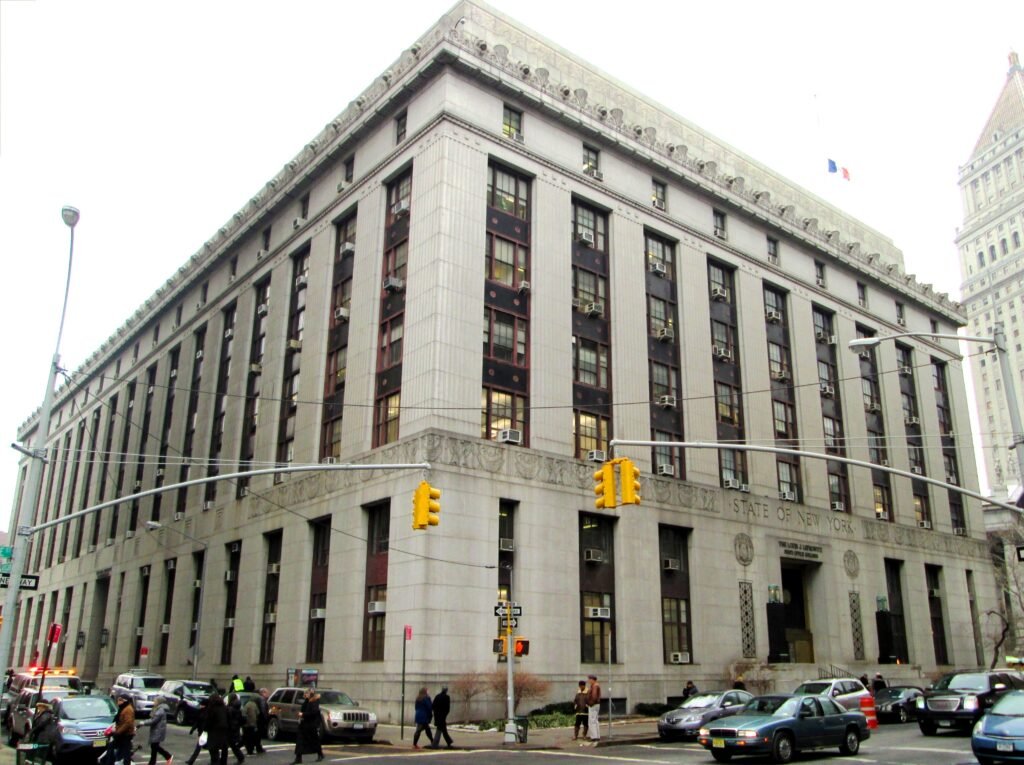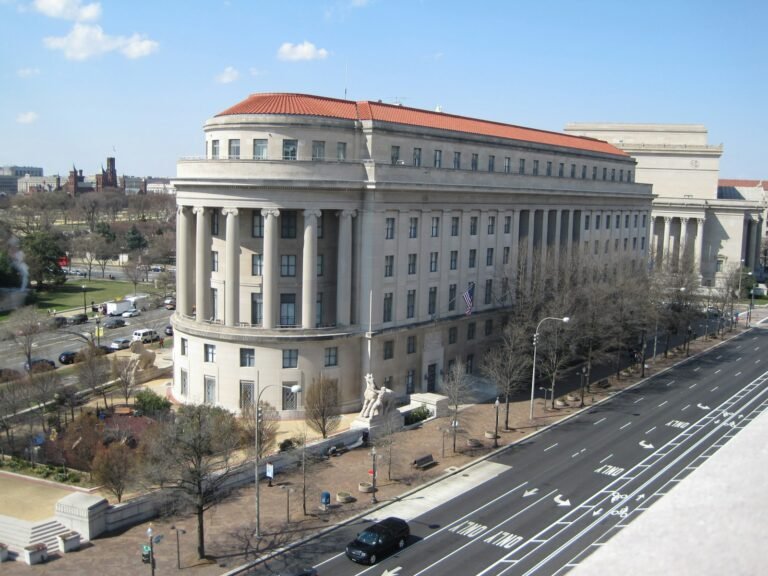
In a decisive move, New York Attorney General Letitia James has won a legal battle against the National Rifle Association (NRA), forcing the organization to overhaul its governance and comply with New York’s not-for-profit laws. The judgment, delivered today, comes after a jury found that the NRA, under the leadership of former executives Wayne LaPierre and Wilson “Woody” Phillips, mishandled millions of dollars in charitable funds and violated state laws.
The ruling requires the NRA to make sweeping reforms to its internal structure and operations, including changes to its board elections, financial oversight, and transparency practices. LaPierre, who resigned on the eve of the trial, is banned from returning to the NRA or its affiliates for over a decade, while Phillips is ordered to pay $2 million in damages, plus interest.
Attorney General James celebrated the decision as a long-overdue victory for accountability. “For decades, the NRA allowed self-interested insiders to run the organization with complete disregard for the rule of law,” James said. “Today, they are being forced to clean house and make significant changes to ensure that they can no longer operate in this way.”
The legal battle began in 2020 when Attorney General James filed a lawsuit accusing the NRA of serious financial mismanagement and corruption. The charges included the improper handling of charitable funds, false regulatory filings, and the suppression of whistleblowers who tried to expose the wrongdoing.
In a jury trial held earlier this year, the NRA, LaPierre, Phillips, and former General Counsel John Frazer were found liable for violating state laws. The jury determined that LaPierre’s actions caused $5.4 million in damages to the NRA, while Phillips’ financial mismanagement contributed an additional $2 million in losses.
As part of the verdict, the NRA has been ordered to implement more than a dozen reforms to its governance practices, designed to prevent future violations. These reforms include:
- Independent oversight: The NRA must hire an external compliance consultant to assist its Chief Compliance Officer in enforcing the court’s directives and improving the organization’s governance.
- Audit Committee overhaul: The NRA is required to remove and permanently bar members of its audit committee who served between 2014 and 2022, a period during which the organization’s financial mismanagement occurred. Going forward, members of the audit committee will be elected by the full board, rather than being selected by the Board President.
- Board transparency: The ruling mandates significant changes to how board members are elected, aimed at reducing the entrenchment of long-serving board members. The process will be more transparent, with greater fairness in board nominations.
- Annual compliance reports: For the next five years, the NRA must issue an annual compliance report to its members detailing travel expenses, contracts, and other financial matters.
- Improved regulatory filings: The NRA’s filings, including the CHAR500, will be subject to more rigorous certifications from the Executive Vice President and Treasurer, ensuring that future filings are accurate and compliant.
- Whistleblower protections: New measures will be implemented to protect the Chief Compliance Officer from retaliation, ensuring that the individual responsible for overseeing compliance can do so without fear of reprisal.
Alongside these structural reforms, the judgment holds LaPierre and Phillips personally accountable for their role in the NRA’s financial mismanagement. LaPierre is required to pay $4.35 million in damages, in addition to the more than $1 million he had previously repaid to the organization. Phillips, who reached a settlement earlier in the case, must also pay $2 million, as determined by the jury.
This ruling comes on the heels of a broader legal battle that saw the NRA attempt to escape accountability by filing for bankruptcy in Texas in 2021. The NRA argued that the bankruptcy would allow it to reorganize and avoid legal repercussions, but a federal bankruptcy court rejected the petition, declaring that the NRA had not filed in good faith.
The lawsuit brought by Attorney General James in August 2020 alleged that NRA senior management misappropriated millions of dollars to fund personal benefits, including private jets, expensive meals, and even family trips to the Bahamas. The NRA, as a New York-registered not-for-profit, charitable corporation, has legal obligations to use its funds for charitable purposes, not to support the lavish lifestyles of senior management and organization insiders. The OAG investigation found that instead of serving NRA members, senior management blatantly disregarded New York state and federal laws, and even internal NRA policies.
James’ office also secured a separate settlement with the NRA’s former Executive Director of Operations, Joshua Powell, who agreed to pay $100,000 before the trial began.
Attorney General James emphasized that this ruling sends a powerful message to other not-for-profit organizations about the importance of transparency and accountability. “New Yorkers deserve to know that their donations are being used for the mission of the organization, not squandered on lavish perks for executives or cronies,” she said.
The case also serves as a warning to other large organizations that any financial mismanagement or misconduct will be met with serious legal consequences. “Today’s decision is not just about the NRA,” James said. “It’s about holding any organization accountable when they abuse their power or misappropriate funds meant for charitable purposes.”
At the conclusion of the six-week trial, the jury found all the defendants liable for violating New York not-for-profit laws and determined the damages due to the NRA from LaPierre are $4.35 million, in addition to the more than $1 million he had already repaid, and $2 million from Phillips, which is not affected by his settlement with OAG.
As part of the judgment, the NRA will be closely monitored to ensure compliance with the court’s directives. James’ office has made it clear that it will continue to scrutinize the organization’s activities and hold it accountable if further violations are discovered.
For now, the NRA faces a long road ahead to restore its credibility and comply with the extensive changes mandated by the court. However, one thing is clear: this legal battle has shown that no organization, no matter how powerful, is above the law.


